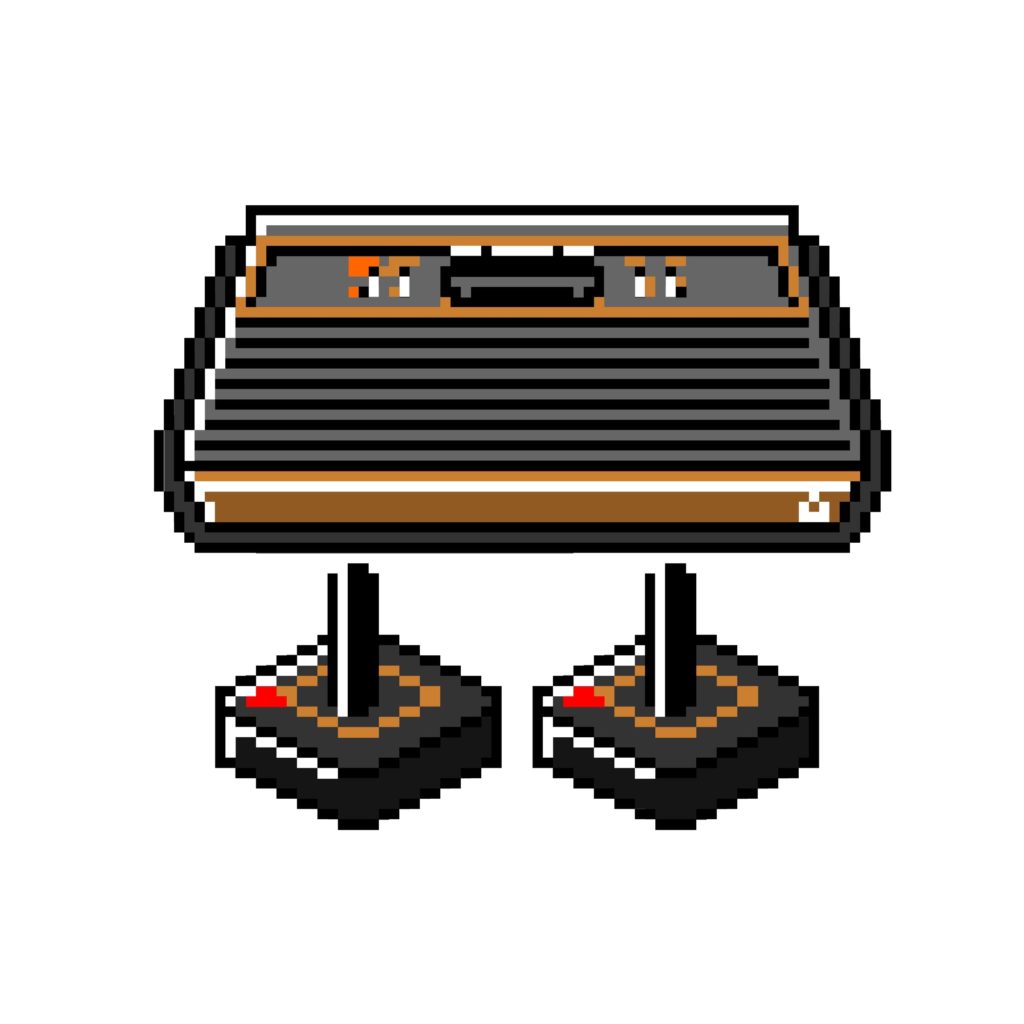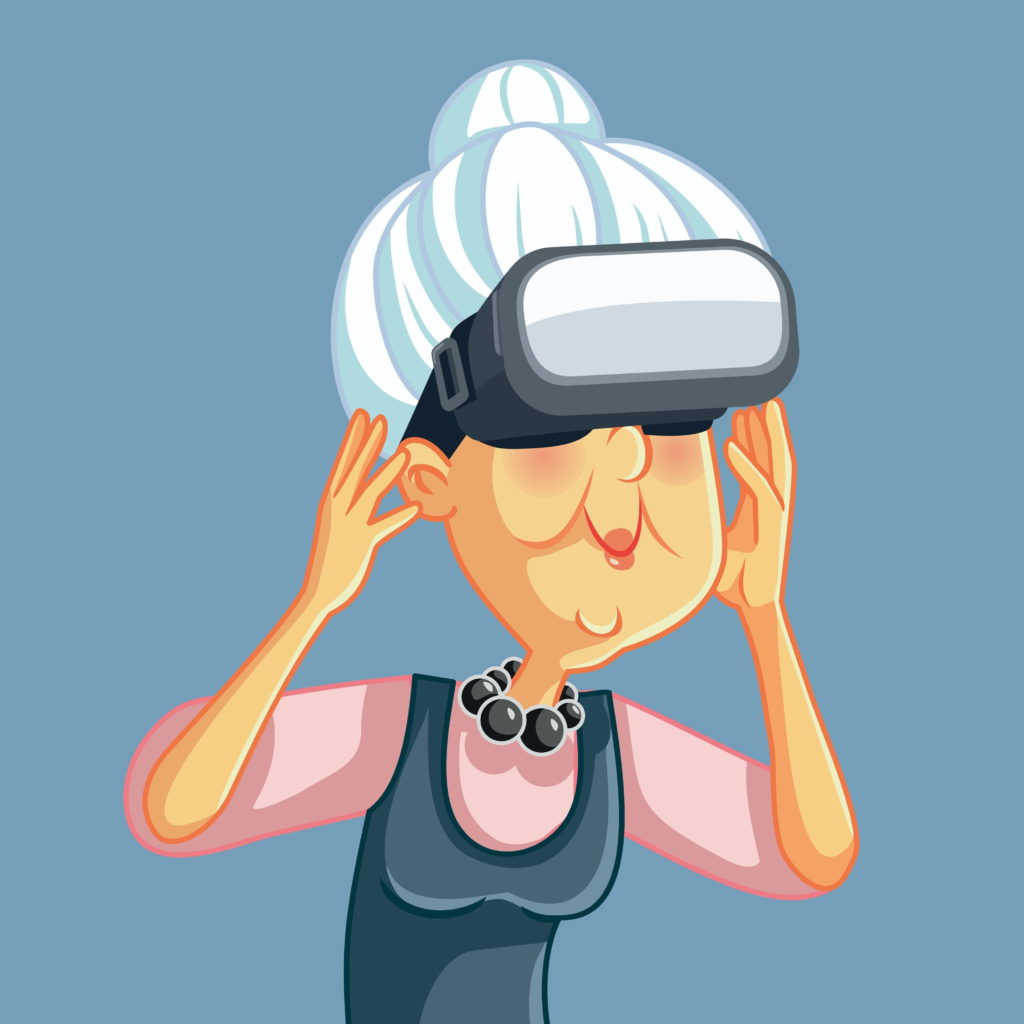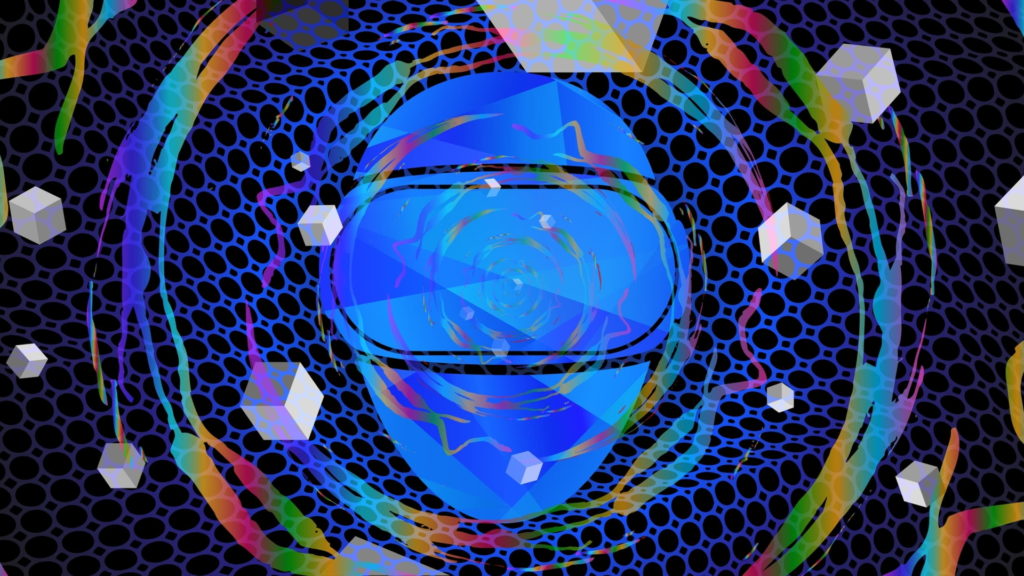The new term of the Metaverse has taken off and really doesn’t have a true definition, which is perfect. If the Metaverse becomes just a perverse representation of our physical world, then we have failed before we started. This means that the traditional barriers of who is best served by or should use the Metaverse are a step backward.
Further, the Metaverse is more than just gaming. It’s easy to dismiss the big opportunities with a gaming-only mindset. The potential to decentralize intelligence, finance, governance, transactions, and much more paints a bigger picture than games.
Who, then, should be building the foundations of the Metaverse? Game developers? Business Apps creators?
The simple answer is everyone. However, the hard part is removing the physical restraints of costs, accessibility, and status as well as creating a decentralized way to welcome all creators and metazens, no matter the method of interaction.
Where’s the *@#%&!! Controller?!?

Joysticks are a quintessential memory of many childhoods. A free weekend afternoon, a stack of quarters, and a packed arcade were the basics for a fun time in the early 80s. Then, Nintendo took the world by storm, launched a better at-home gaming experience, and introduced the nostalgic boxy controller.
Now, decades later, the controller is still ubiquitous with gaming across multiple devices. The controller in hand to interact with a gaming world is morphing and will soon disappear. And for those of us that have developed muscle memory with the controller will require a brain reset.
What does this really mean?
Let’s take a step back. The genesis of the gaming we know today is based on a foundation of computer developers. And the principles of the interface, the controller, and the gamer are the trifecta that still dictates how games are created today.
But the emergence of the Metaverse, with its roots in gaming, demands the reimagination of social interactions, communities, personal freedoms, security, privacy, and much more. This means that old school game developers will need to Office Space the controller mentality because it’s not scalable nor sustainable for metazens.
Whatever the next evolution of physical and digital interactions, people MUST be involved. Period.
Gen M

How many of you have tried to get your grandma into gaming? Do you feel like it’s like training a zebra to waterski? Yes, there are exceptions to this such as Hamako Mori. She is a 90-year-old YouTube gamer and is an esports professional player known as the “Gamer Grandma” with 500,000+ subscribers.
But, for many, these labels placed on the various generations have put undue pressure or expectations on people to behave a certain way or become something they don’t want to be. Boomers. Gen X. Gen Z. Millennials. Do you really identify with the generational box that society has placed on you? If so, why? This self-serving notion of labeling yourself to be classified and stamped with “this represents me” is a joke.
Just as the controller puts physical and digital limitations on our gaming experiences, generational limitations should be thrown out. The controller had its time and purpose, and now, what needs to be realized is that this generation – Generation Metaverse or Gen M – is made up of everyone.
No labels. No boundaries.
Gen M will redefine things in ways where labels seem Victorian, free people to be themselves without borders and bias, and not defined by age – it’s defined by attitude and access to a decentralized Metaverse to reshape the new frontier.
What Next?
The future of the Metaverse and Web∞ (Web Infinity as opposed to numbering – Every. Single. Version – Web1, Web2, and Web3) depends on the foundations we lay now.
Will we get it right the first time? No.
Will we create something special? Yes.
The future of the Metaverse depends on decentralization, curiosity, defining the new, and giving the next generation the opportunities to succeed – most importantly it will be done by People + Technology.
Want to compete in the Metaverse? Subscribe to the My Metaverse Minute Channel:







